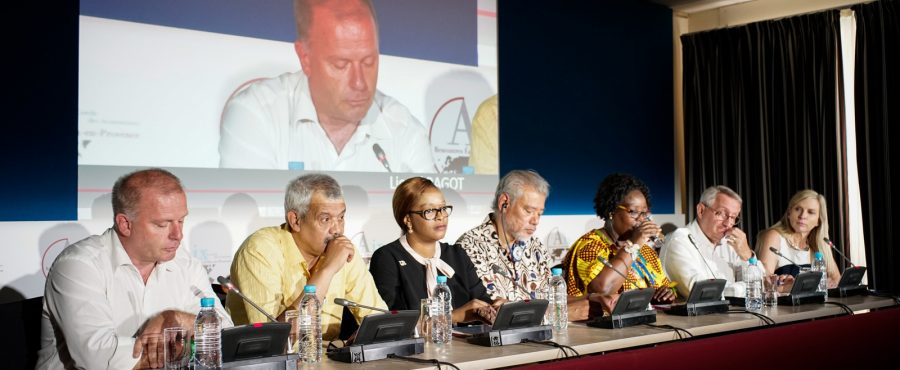8 Jul 2017
Will Economies Catch Up With Each Other?
Session 17

The 1990s marked a major upheaval in the per capital income gap between countries. Since the industrial revolution, this gap continued to grow between advanced economies and the rest of the world. The divergence, which stood at a 2:1 ratio in the early 19th century, reached its maximum in the early 1990s at a 7:1 ratio. Since then, we have been witnessing a spectacular catching-up thanks to a combination of globalization, demographic transitions and a high level of investments. In 25 years, China has divided its per capita income gap (in PPP) by six when compared to the United States. However, this new dynamic of converging living standards remains largely unequal for certain regions and it is much more pronounced in Asia than in Africa or Latin America.
This process of convergence can be examined from two angles.
The first concerns whether it can continue in its current form. Can this process of convergence be maintained in the coming decades? Are certain of its mechanisms at work in the process of breaking down? Do Asian countries, including China, risk falling into a middle income trap? Has the time come for lagging countries, such as African nations, to catch up?
The second angle deals with a possible change in the current process. In order to launch and follow a process of convergence, does open trade and market liberalisation, coupled with high levels of investment, suffice? Are long-term institutional and structural reforms also necessary?
Coordination
Moderator
Speakers

Reckya MADOUGOU
Ancienne ministre de la justice, de la législation et des droits de l'homme
Bénin
BiographyContributions
Will the Economies Catch Up with each other? – Jacqueline MUGO





















































































